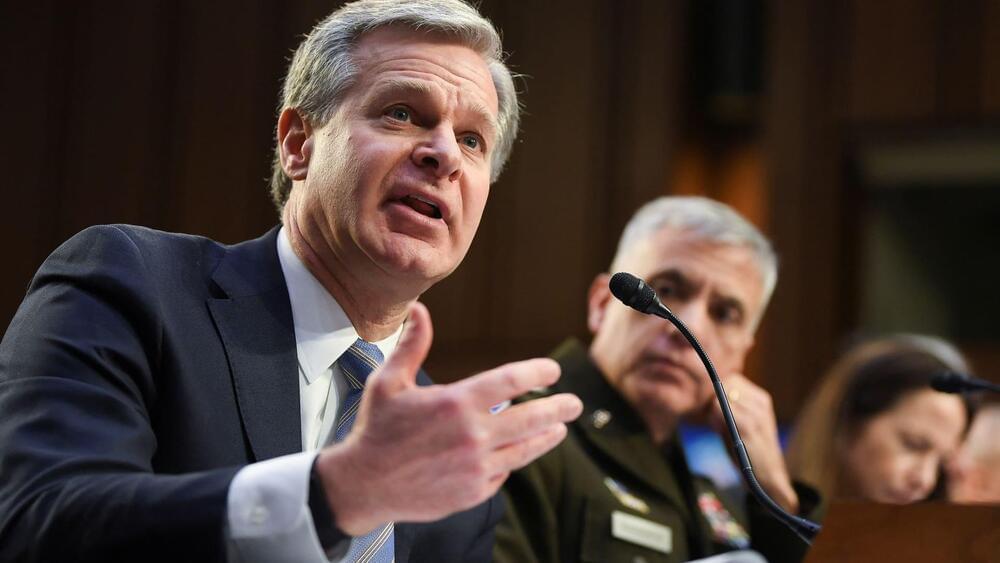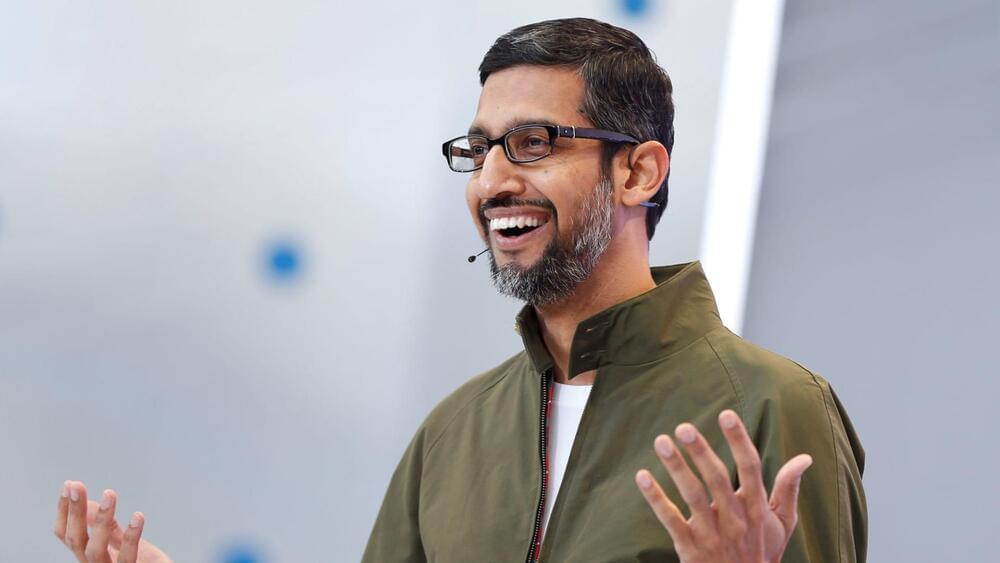Accelerating Breakthroughs in Critical and Emerging Technologies — Dr. Erwin Gianchandani, Ph.D. — Assistant Director for Technology, Innovation and Partnerships, U.S. National Science Foundation (NSF)
Dr. Erwin Gianchandani, Ph.D. is Assistant Director for Technology, Innovation and Partnerships, U.S. National Science Foundation, leading the newly established TIP Directorate (https://new.nsf.gov/tip/leadership).
The TIP Directorate is focused on harnessing the nation’s vast and diverse talent pool to advance critical and emerging technologies, addressing pressing societal and economic challenges, and accelerating the translation of research results from lab to market and society, ultimately improving U.S. competitiveness, growing the U.S. economy and training a diverse workforce for future, high-wage jobs.
Prior to becoming the Assistant Director for TIP, Dr. Gianchandani served as the senior advisor for Translation, Innovation and Partnerships, where he helped develop plans for the new TIP Directorate in collaboration with colleagues at NSF, other government agencies, industry, and academia.
During the previous six years, Dr. Gianchandani was the NSF deputy assistant director for Computer and Information Science and Engineering (CISE), twice serving as acting assistant director. His leadership and management of CISE included the formulation and implementation of the directorate’s $1 billion annual budget, strategic and human capital planning, and oversight of day-to-day operations for a team of over 130.






